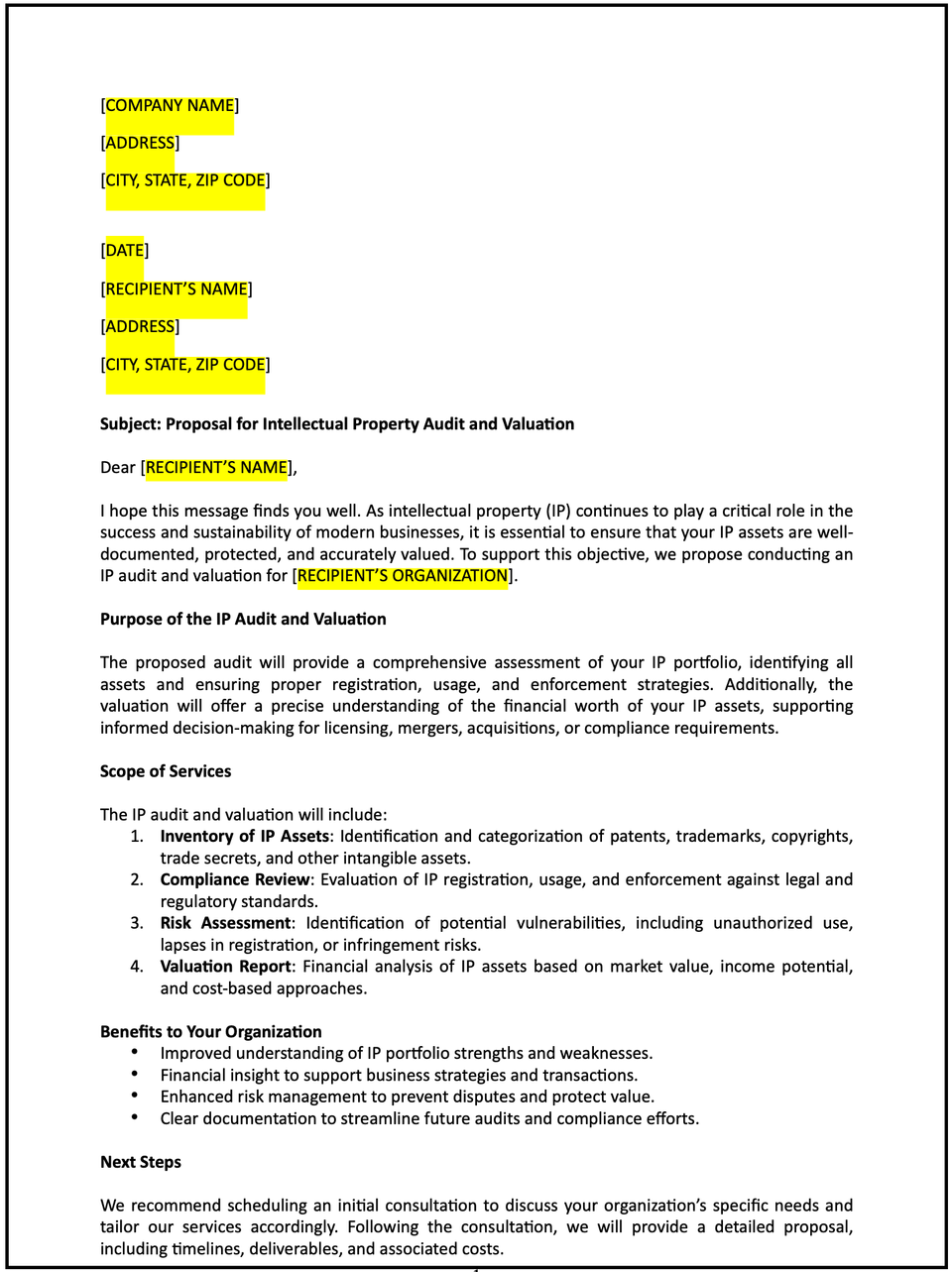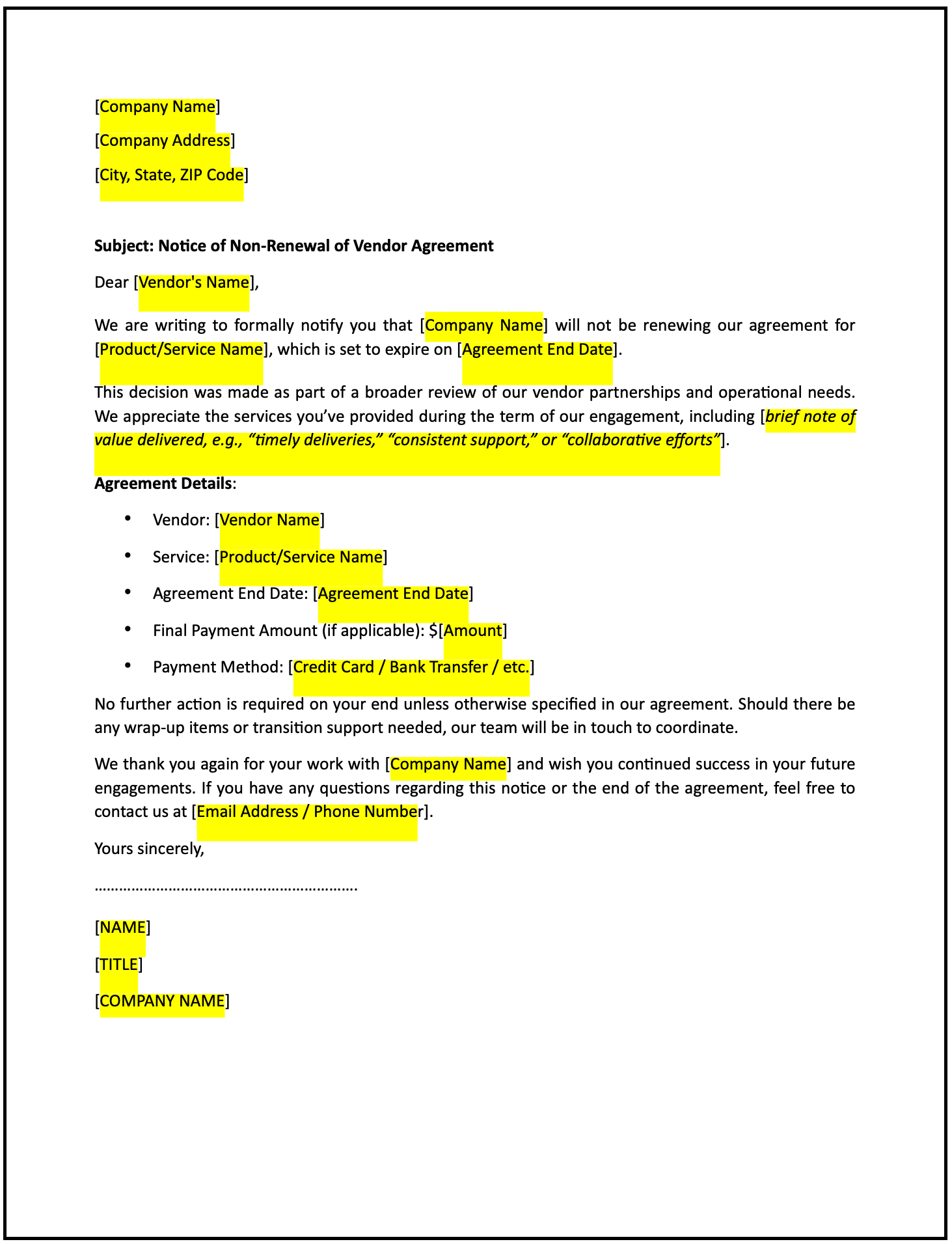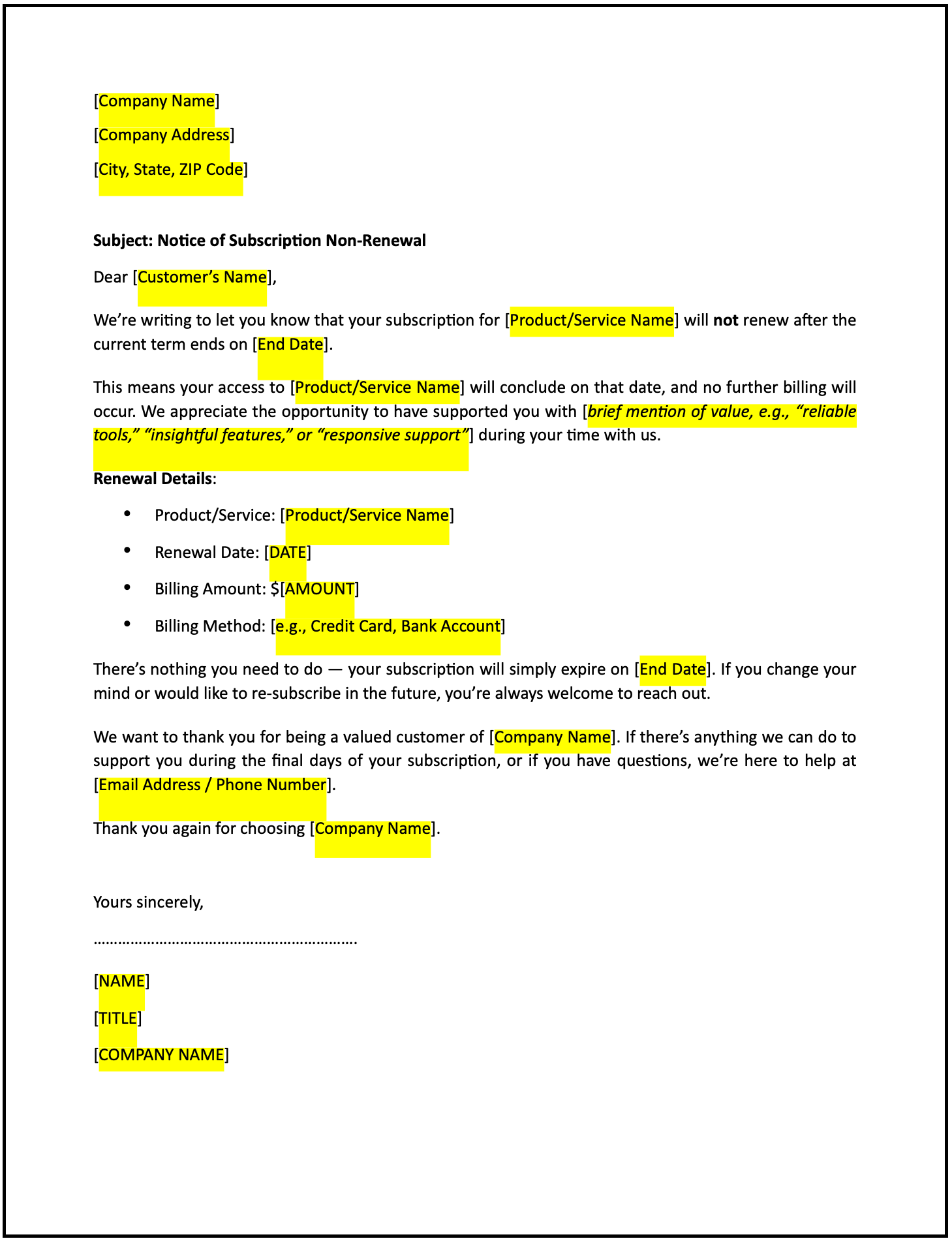Letter of proposal for IP audit or valuation: Free template

Letter of proposal for IP audit or valuation
A letter of proposal for an intellectual property (IP) audit or valuation is a formal communication used to recommend a detailed review or assessment of an organization’s IP portfolio. This letter outlines the purpose of the audit or valuation, the benefits, and the proposed scope of work.
How to use this letter of proposal for IP audit or valuation
- Open with an introduction: Address the recipient respectfully and provide context for why the proposal is being made.
- State the purpose: Clearly communicate the intent to propose an IP audit or valuation, highlighting its relevance to the recipient’s business goals.
- Provide context: Briefly explain the significance of understanding and managing IP, such as improving asset management, ensuring compliance, or preparing for transactions.
- Outline the scope: Specify the proposed activities, such as identifying IP assets, assessing their value, or analyzing compliance with IP laws.
- Highlight the benefits: Explain how the audit or valuation will add value, such as optimizing IP protection, improving monetization strategies, or enhancing negotiation positions.
- Propose next steps: Suggest a meeting or discussion to finalize the scope, timeline, and costs of the audit or valuation.
- Maintain a professional tone: Ensure the letter is clear, respectful, and focused on fostering collaboration.
- Provide contact information: Include details for the recipient to respond or address any questions about the proposal.
Benefits of using a letter of proposal for IP audit or valuation
This letter ensures a structured and professional way to recommend an IP audit or valuation while fostering trust and collaboration.
- Promotes informed decision-making: An IP audit provides clarity on asset management and monetization opportunities.
- Reflects professionalism: A well-crafted letter demonstrates respect and a commitment to delivering value.
- Encourages proactive management: Highlighting the benefits of an audit fosters a forward-thinking approach to IP protection.
- Builds trust: Transparent communication strengthens relationships and positions your services as credible.
- Supports strategic planning: Understanding IP assets helps align them with broader business goals.
Tips for writing an effective letter of proposal for IP audit or valuation
- Be specific: Clearly define the scope and objectives of the proposed audit or valuation.
- Use professional language: Maintain a respectful and constructive tone to foster trust and collaboration.
- Provide context: Briefly explain why an IP audit or valuation is relevant to the recipient’s business or current situation.
- Highlight mutual benefits: Emphasize how the audit or valuation protects and enhances the recipient’s business interests.
- Include actionable steps: Share instructions for scheduling a meeting, providing additional information, or confirming interest.
- Keep it concise: Focus on the essential points while ensuring the tone is professional and engaging.
Frequently asked questions (FAQs)
Q: What details should I include in this letter?
A: Include the purpose of the audit, the scope of work, potential benefits, and proposed next steps.
Q: Should I personalize the letter?
A: Yes, addressing the recipient by name and referencing their business context demonstrates attentiveness and professionalism.
Q: Who typically sends this letter?
A: IP consultants, legal teams, or business owners typically send this letter.
Q: How formal should this letter be?
A: The tone should be professional, respectful, and focused on fostering collaboration.
Q: When should this letter be sent?
A: Send the letter when proposing an IP audit or valuation, such as during strategy reviews or before transactions.
Q: Can this letter include a proposed timeline?
A: Yes, including an estimated timeline helps the recipient understand the process and plan accordingly.
Q: Is acknowledgment from the recipient required?
A: While not mandatory, requesting acknowledgment ensures the recipient is considering the proposal and interested in discussing further.
This article contains general legal information and does not contain legal advice. Cobrief is not a law firm or a substitute for an attorney or law firm. The law is complex and changes often. For legal advice, please ask a lawyer.


